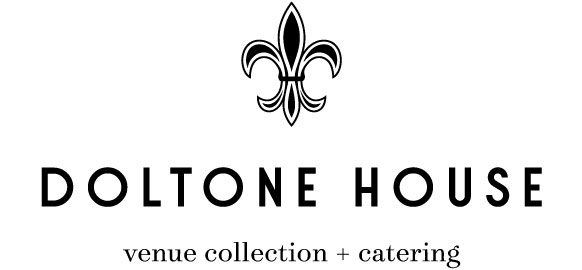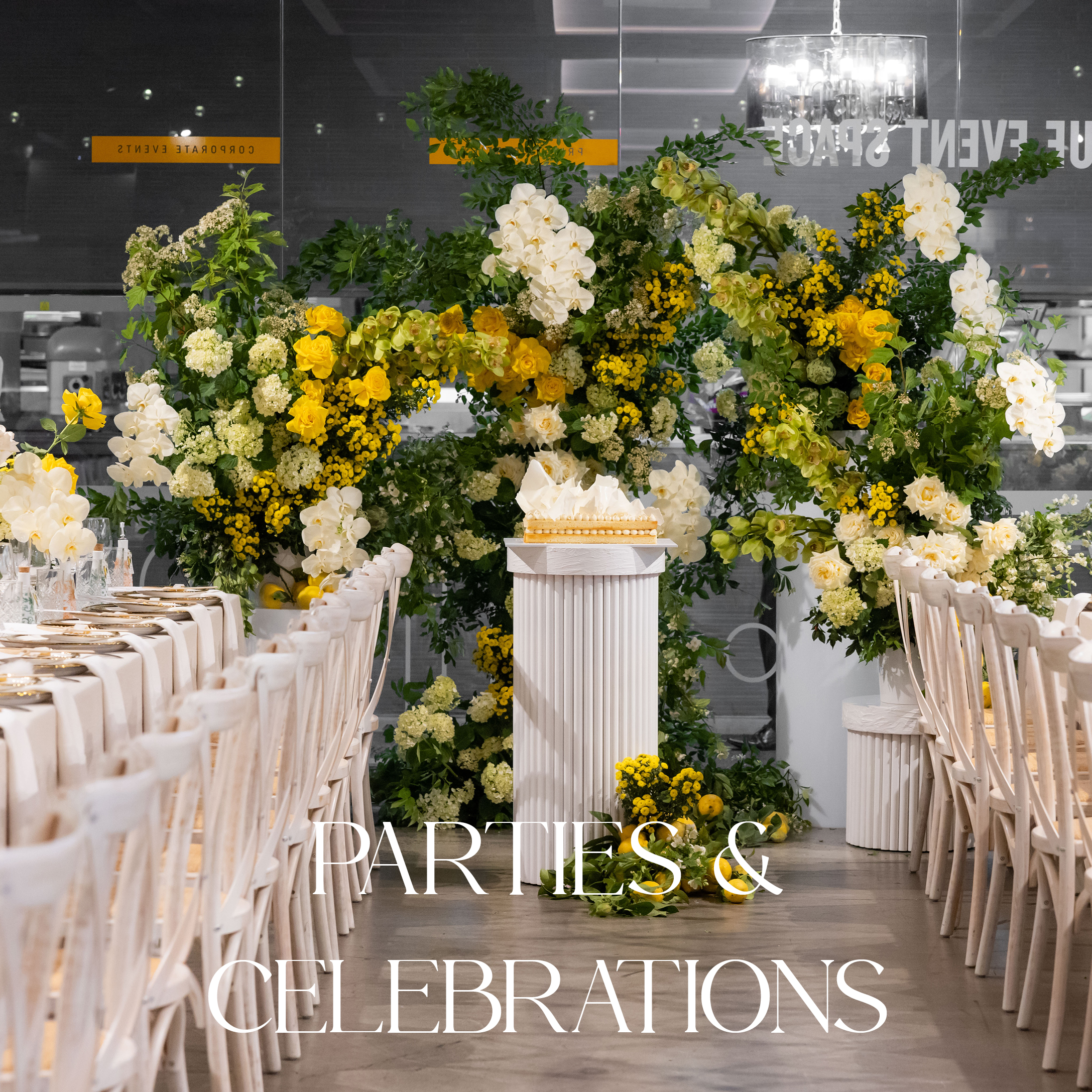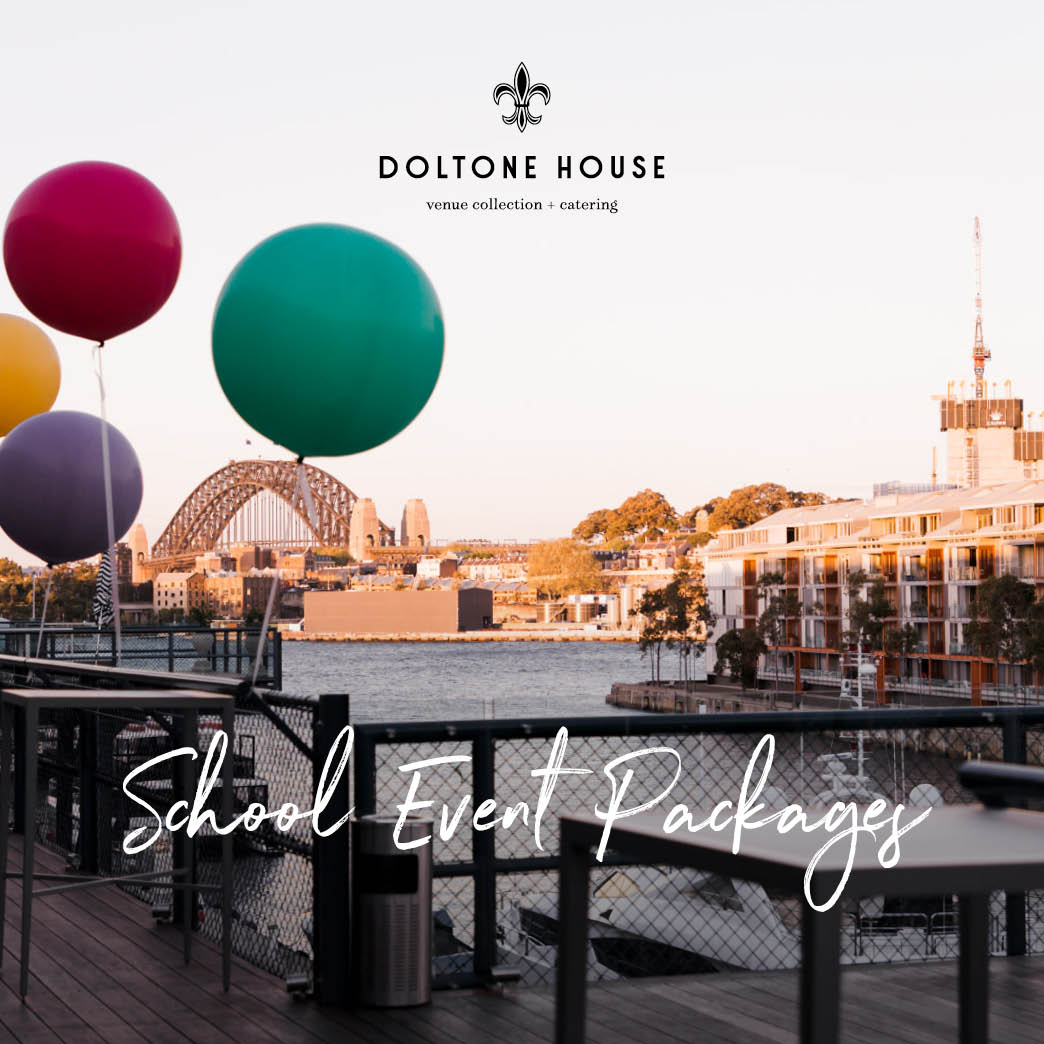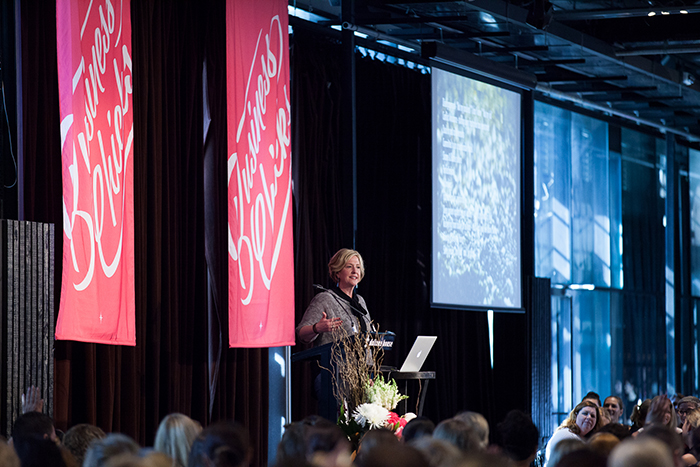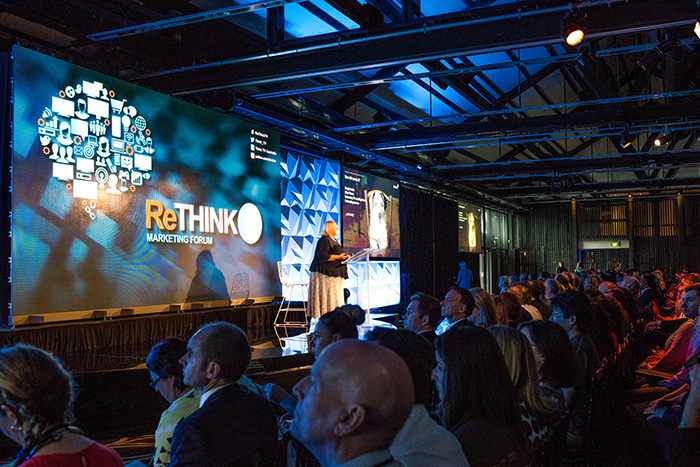
- Venues
- Weddings
- Parties
- Corporate
- Catering
- What's On
- What's On
-
- Education
- About
- ENQUIRIES
- Venues
- Weddings
- Parties
- Corporate
- Catering
- What's On
- What's On
- Education
- About
- ENQUIRIES
Monte Cristo Lounge
Monte Cristo Lounge - Sylvania Waters
VIEW ON GOOGLE MAPS
223 Belgrave Esplanade
Sylvania Waters NSW
2224
Chateau Reale
Centennial Hall
Heritage Wharf
Customs House
Sydney Town Hall
Sydney Opera House
La Maison – Sylvania Waters
REVY
Le Jardin – Sylvania Waters
Elettra – Sydney West
La Boheme – Sydney West
Colosseo
TAKE ME ON A VENUE TOUR
Suite 55
Harbour – Private Dining Room
Tribute Museum – Private Dining Room
Tribeca – Private Dining Room
HUNTER VALLEY WEDDING VENUE – ANAMBAH
WESTERN SYDNEY – NEW VENUE NOW OPEN
PARKVIEW
SOHO
MANHATTAN & AVENUE
DOLTONE HOUSE FUNCTION VENUES
All Venues
VIEW ON GOOGLE MAPS
26-32 PIRRAMA ROAD
PYRMONT
2009
- Jones Bay Wharf
- DARLING ISLAND
- HYDE PARK
- SYLVANIA WATERS
- Western Sydney
- TRIBECA @ Jones Bay Wharf
- TRIBUTE MUSEUM @ Jones Bay Wharf
- HARBOUR @ Jones Bay Wharf
- Soho @ Jones Bay Wharf
- LOFT @ Jones Bay Wharf
- Suite 55 @ Jones Bay Wharf
- PARKVIEW @ Darling Island
- SIGNORELLI GASTRONOMIA @ Darling Island
- MANHATTAN @ Hyde Park
- THE AVENUE @ Hyde Park
- La Boheme @ Western Sydney
- Colosseo @ Western Sydney
- Elettra
- MONTE CRISTO @ Sylvania Waters
- CHATEAU REALE @ Sylvania Waters
- Le Jardin @ Sylvania Waters
- La Maison @ Sylvania Waters
LOFT
DARLING ISLAND
HYDE PARK
JONES BAY WHARF
SYLVANIA WATERS
SIGNORELLI GASTRONOMIA
BIAGGIO
Sign Up
Fancy hosting an event your guests will never forget? Sign up for access to Open House events, promotions and special offers.

